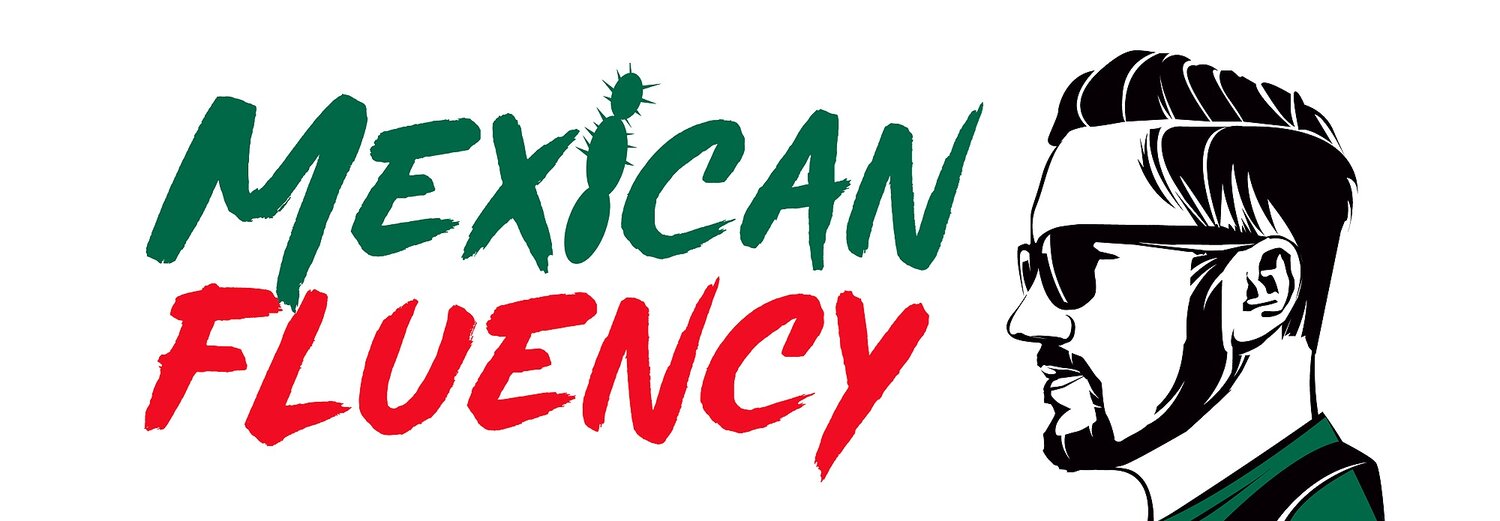How to Talk About “Work” in Mexican Spanish
¡Hola, amigos!
Are you ready to dive into the dynamic world of Mexican Spanish, especially when it comes to the workplace?
Understanding local expressions and vocabulary can be your gateway to not just sounding like a native but also feeling more at home in a Mexican working environment.
Let's explore some essential terms and phrases to help you navigate the day-to-day conversations in a Mexican office or job site.
Section 1: Common Work-Related Vocabulary
Chamba: This is your go-to word for "job" or "work" in Mexico. It's a casual term, so you'd use it in informal settings. For example, "Estoy buscando chamba" means "I'm looking for a job."
Chambear: This verb is the action form of "chamba." It means "to work." It's more colloquial than "trabajar," which is the standard Spanish term for "to work." You might hear, "Me gusta chambear en mi nuevo trabajo" - "I like working at my new job."
Jale: Another slang term for "work" or "job." It's often used in phrases like, "Tengo mucho jale" which translates to "I have a lot of work."
Jalar: While it literally means "to pull," in a work context, it can mean "to work on something" or "to go to work." For instance, "Vamos a jalar en un proyecto nuevo" - "We are going to work on a new project."
Section 2: Workplace Expressions and Idioms
“Echarle ganas”: This is a motivational phrase meaning to put effort into something. In a work context, it's like saying "give it your all." For example, "Echale ganas a esa presentación" - "Put effort into that presentation."
“Tener mucha chamba”: When you’re swamped at work, this is the phrase you’d use. It means "to have a lot of work." A common usage could be, "Esta semana tengo mucha chamba."
“Hacer una chambita”: This refers to doing a small job or a side gig. It's a diminutive form of "chamba." For example, "Este fin de semana voy a hacer una chambita para un amigo" - "This weekend I'm going to do a small job for a friend."
“Ponerse las pilas”: Literally translating to "put in the batteries," it means to get motivated or to be alert. In the workplace, it's used to encourage someone to focus or work harder. Like, "Ponte las pilas para terminar el proyecto" - "Get motivated to finish the project."
Section 3: Navigating a Mexican Workplace
Understanding the work culture in Mexico goes beyond knowing the language. Relationships and effective communication are key.
Using these expressions helps blend in and shows your respect and willingness to embrace the local culture. Remember, personal relationships can be as important as professional skills in Mexico!
Section 4: Practical Application
Let’s put our learning into action!
Imagine you’re at a networking event. You might hear someone say, “Estoy en busca de chamba. ¿Sabes de algo?” - "I'm looking for a job. Do you know of anything?"
Or, in a team meeting, your manager might motivate the team with, “¡Vamos equipo, a ponerse las pilas!” - "Let's go team, it’s time to get motivated!"
Conclusion
Embracing these work-related expressions will not only enrich your vocabulary but also your experience in Mexico.
Whether you’re working in Mexico or with Mexican colleagues, using these terms and phrases will show your cultural understanding and willingness to connect on a deeper level.
¡Ahora, a chambear con confianza! - Now, let’s get to work with confidence!
